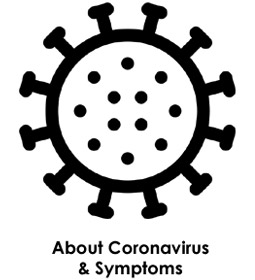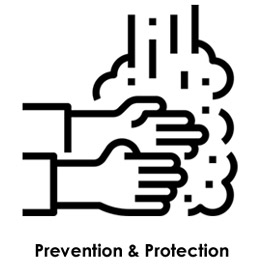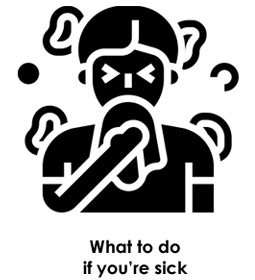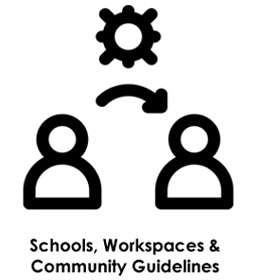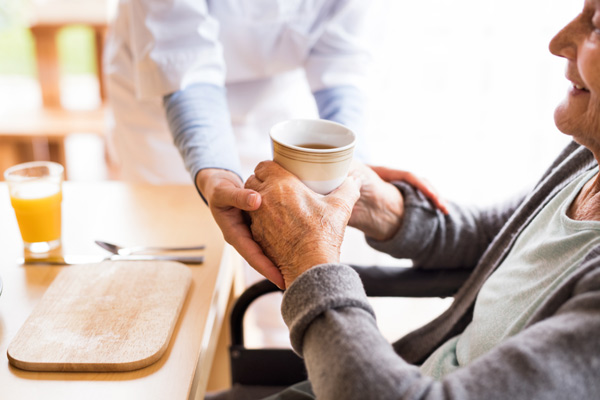When to step in: An Assessment Tool
This quiz will help determine if you should consider stepping in as a caregiver (or making arrangements for a caregiver).
- If I were to leave the country tomorrow, would my loved one be self-sufficient.
- I would say yes, with complete confidence.
- I would worry, but my loved one would be fine.
- I would have to hire someone to help my loved one a few hours each week.
- I would have to arrange for skilled nursing care.
- He/she cannot be left alone, so I cannot leave the country.
- My loved one is in control of his/her mental faculties.
- He/she no signs of difficulty.
- He/she shows a little memory loss from time to time, but nothing serious.
- He/she needs assistance with bill paying.
- He/she sometimes forgets how to get home.
- His/her ability to make decisions is so poor that he/she is a danger to himself/herself.
- My loved one is in control of his/her daily physical functioning.
- He/she is as active and healthy as ever.
- He/she needs some help getting out of bed.
- He/she has become increasingly dependent on a wheelchair.
- He/she needs more monitoring has lost bladder and/or bowel control.
- He/she is bedridden.
- My loved one’s medications are under control.
- My loved one takes no medications.
- My loved one takes only one or two mild medications.
- My loved one has always been able t manage his/her medications but has recently become dizzy and confused.
- I have to help my loved one keep track of his/her medications.
- My loved one has been hospitalized because of drug interactions or overdosing by forgetting to take or making a mistake with medications.
- My loved one is sociable and happy.
- He/she is very active and happy.
- He/she isn’t as active as before a recent illness.
- He/she doesn’t go out or visit with friends as often since spouse died.
- He/she is increasingly reluctant to leave the house.
- He/she is depressed and housebound.

